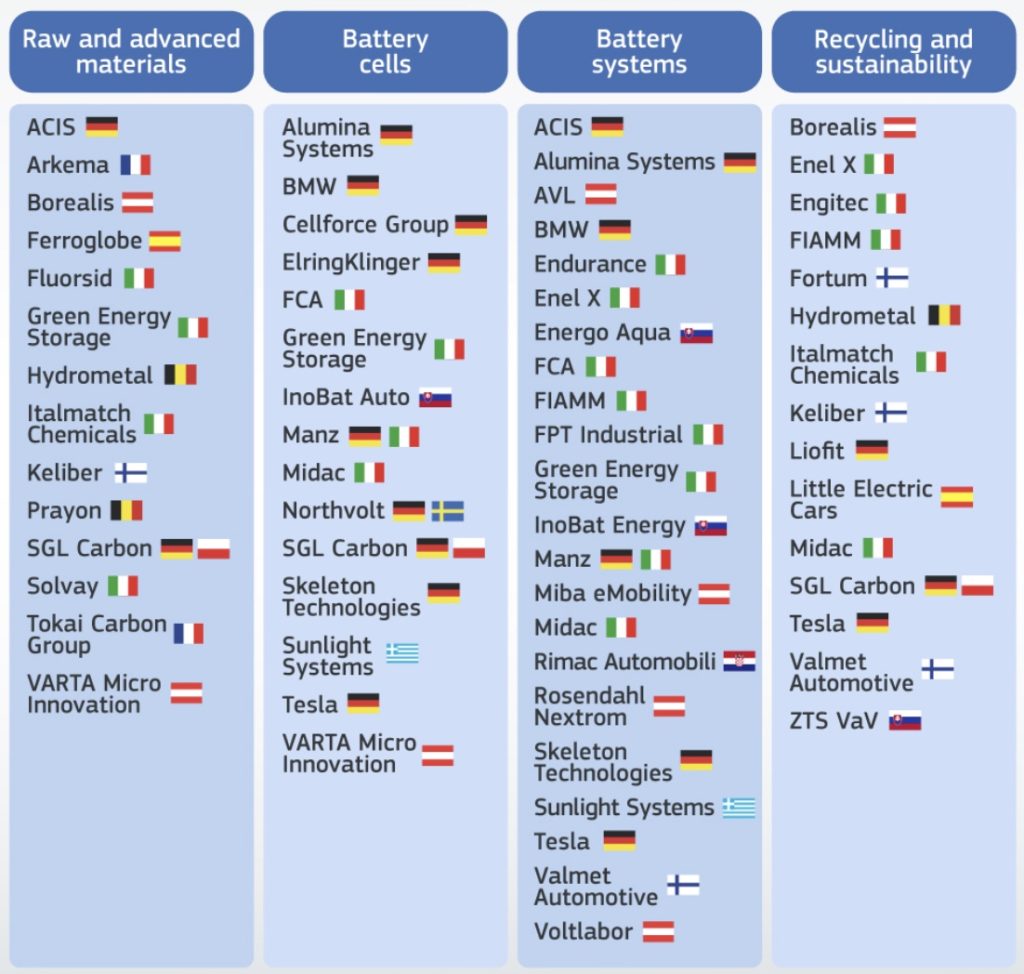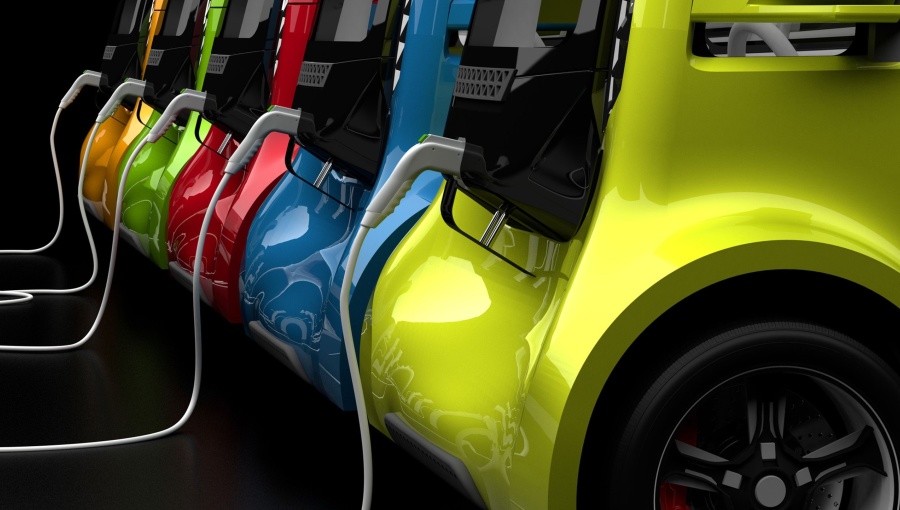Tesla, BMW, and FCA have been announced as the top beneficiaries of the European Union’s new 2.9 billion euros ($3.5 billion) funding aimed at supporting battery production projects for electric vehicles.
The program which is called ‘European Battery Innovation’ is being led by the EU Commission as a ‘Project of Common European Interest’ (“IPCEI”). It will be used to “support research and innovation in the battery value chain.”
Over the course of the next few years, the program aims to provide €2.9 billion ($3.5 billion) to several projects. It will later be combined with an additional €9 billion in private investments. The EU Commission concluded that eligible projects will be required to meet the following conditions:
-The project contributes to a common objective by supporting a strategic value chain for the future of Europe in particular with respect to clean and low emission mobility.
-The project is highly ambitious, as it aims at developing technologies and processes that go beyond current technology and will allow major improvements in performance, safety and environmental impact.
-The project also involves significant technological and financial risks, and public support is therefore necessary to provide incentives to companies to carry out the investment.
-Aid to individual companies is limited to what is necessary, proportionate and does not unduly distort competition. In particular, the Commission has verified that the total planned maximum aid amounts are in line with the eligible costs of the projects and their funding gaps. Furthermore, if large projects covered by the IPCEI turn out to be very successful, generating extra net revenues, the companies will return part of the aid received to the respective Member States (claw-back mechanism).
-The results of the project will be widely shared by participating companies benefitting from the public support with the European scientific community and industry beyond the participating companies and countries. As a result, positive spill-over effects will be generated throughout Europe.
The projects have been split into 4 different categories: Raw and advanced materials, Battery cells, Battery systems, and Recycling and sustainability. Unsurprisingly, Tesla qualified for the most, followed by BMW and FCA:

The actual fund attributions are expected to be released at a later date. So far, 42 company projects have been approve to receive money from the fund.

